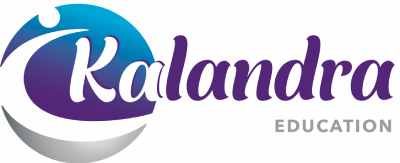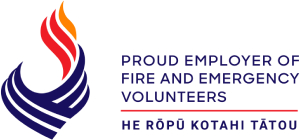Here’s one indisputable trend happening in the U.S.: we’re getting older. According to the Census Bureau by 2030 all baby boomers will be over 65, making one in five residents of retirement age. By 2035 over-65’ers will outnumber those under 18.
Healthcare is where it’s at when it comes to job opportunities.
Surprised? You shouldn’t be. We all need more assistance managing the chronic conditions and disabilities that come with aging.
Of course it’s not just the elderly who need healthcare. Ask any parent who’s rushed their child to the ER. Access to preventative care and at times, hopefully not often or even never, diagnostic or acute care is something most of us take for granted.
But will providers be there when you need them?
Consider that this year alone healthcare has added 286,000 jobs and demand continues to grow. By 2025 need will outpace supply according to one new study by Mercer. While some occupations will have minimal talent shortages others show a broad gap between supply and demand.
Leading the gap, by year 2025, are home health aides which shows a gap of 446,300.
By industry home health care services is projected to be the fastest growing sector between 2016 and 2026 according to the Bureau of Labor Statistics. In ten years over 730,000 new jobs will be created and that number doesn’t include replacement hires. At 4.4 percent that’s the highest annual rate of change of any industry sector.
Its growth is fueled, beyond the number of retirees, by changes both in healthcare delivery and economics. More of that aid is coming to us in our homes where we’re more comfortable and supported by the advantages, economically and socially, of keeping people in their homes as long as is safely possible.
Ranking at number four is outpatient care centers, followed immediately by health care practitioners’ offices, medical and diagnostic laboratories and ambulatory health care services. There are more healthcare sectors, but these five are within the top ten fastest growing and account for almost 1.5 million projected new jobs over ten years. Again that’s only new jobs and doesn’t include rehiring for replacements.
See where this is going? Talk about job security!
The list above includes jobs at the entry level – home health aides and nursing assistants – right up to physicians and surgeons. There truly is a healthcare job to fit all interests, talents and educational levels.
Plus there are opportunities to work in a number of different settings from offices, hospitals to private homes, even travel jobs. It all comes down to where your interests lie.
Perhaps you’re someone who would prefer not to be in a hands-on role providing any type of direct care. Consider becoming a medical transcriptionist. You transcribe medical reports recorded by healthcare practitioners from office visits, imaging studies, operations and charts. How about a medical records and health information technician? This role compiles and maintains patients’ medical records according to industry coding systems. Both of these occupations require a postsecondary non-degree award.
For those interested in pursuing a bit more education technician positions from medical laboratory, cardiovascular, diagnostic sonographers, nuclear medicine, radiologic, magnetic resonance imaging, psychiatric and dietetic require an associate’s degree.
Nurses and therapists move up the educational ladder with Bachelor’s and/or master’s degrees.
Of course many healthcare occupations require a professional or doctoral degree – and while you may be attracted to one of the specialties (physician, pharmacist, dentist) you might have been scared away by the price tag of achieving your goal. Completely understandable. BUT changes are afoot.
New York University School of Medicine recently announced that tuition for all students will be free. Yep as in gratis, no charge, no cost. For everyone, not just need based, to the tune of $55,000 annual tuition. The school recognizes both the level of debt students incur and that that debt is steering them away from family medicine and pediatrics toward more highly-paid specialties. While many schools offer need-based and merit assistance their hope is that other schools will join them in abolishing tuition.
IF you’re looking for a career and want to be assured that you’re venturing into an industry with job prospects, longevity and an ability to move up the ladder – with proper education and credentialing – you owe it to yourself to explore the many careers in healthcare.
Back to News




